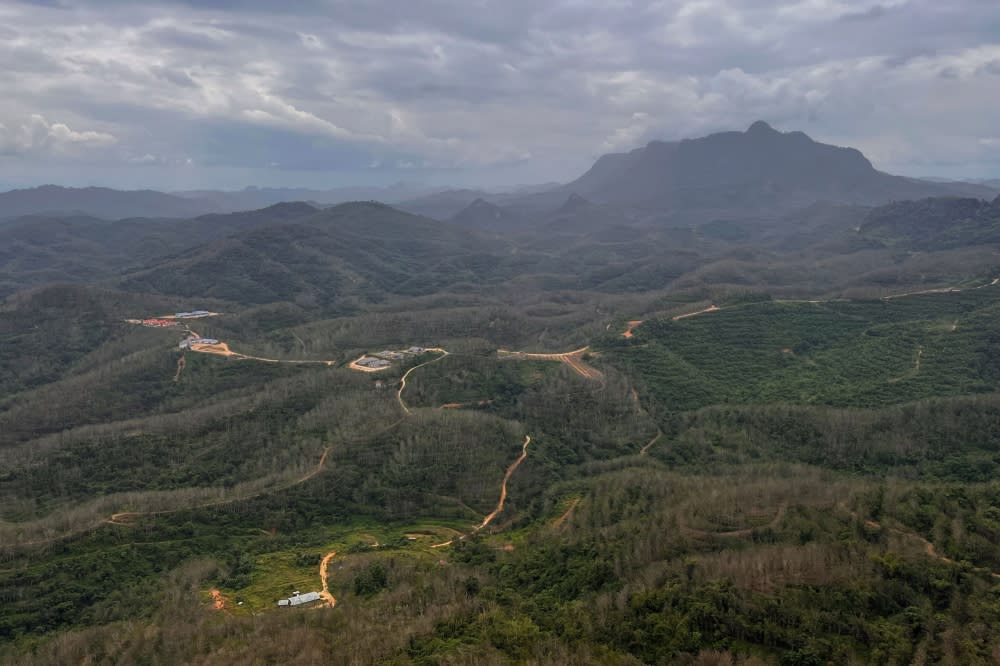Orang Asli group urges Kelantan govt to review forestry and wildlife laws, says uncontrolled land clearing putting lives at risk

KUALA LUMPUR, Dec 9 — Uncontrolled land clearing for development projects in Kelantan are the reason for increased human-wildlife conflict in the state and putting the lives of man and beast at stake in the state, Utusan Malaysia reported today.
Kelantan Orang Asli Villages Network (JKOAK) chairman Mustafa Along told the Malay daily that logging activities, the establishment of farms and the construction of the Nenggiri Hydroelectric Power Plant have led to widespread deforestation and encroached on animal habitats, forcing the wildlife like tigers, bears and elephants to enter the nearby villages in Hulu Kelantan to search for food.
“Recently, conflicts between humans and wildlife have been occurring frequently and the Orang Asli are the main victims,” he was quoted as saying.
He said wildlife have been increasingly invading Kampung Sau, Pos Bihai where nearby logging and forest clearing activities are being carried out.
“The uncontrolled clearing of forests does not only affect wildlife but also the Orang Asli community when food sources are reduced,” he was quoted as saying.
Mustafa said the government needs to find immediate solutions to ensure the safety of Orang Asli in remote areas.
“JKOAK, as a representative of the Orang Asli community, called on the state government to stop approving logging areas, plantations, or mega projects, including approvals already granted or being carried out by the Kelantan Forestry Department,” he was quoted as saying.
Mustafa also said there is a need for a review of laws such as forestry and wildlife laws due to certain contradictions.
“This contradiction can be clearly seen with the special power of the state government in granting permission to exploit forested land, as stated in Act 313, the National Forestry Act 1984.
“On the other hand, the federal government plays the role of ensuring the sustainability of wildlife, as outlined in Act 716, the Wildlife Conservation Act 1972,” he told the newspaper.
Utusan Malaysia reported that nearly 2,000 Temiar Orang Asli living at Pos Pasik and Pos Bihai in Hulu Kelantan fear venturing out of their homes from 6pm till the next morning after a tiger was spotted nearby.
Villager Apek Assut, 39, told the newspaper that the livelihood and income of locals have been affected.

Utusan Malaysia reported that nearly 2,000 Temiar Orang Asli living at Pos Pasik and Pos Bihai in Hulu Kelantan fear venturing out of their homes from 6pm till the next morning after a tiger was spotted nearby. — File picture by Yusof Mat Isa
“Last week, tiger prints were found by residents in the area around Sekolah Kebangsaan (SK) Bihai.
“Everytime we leave home, the fear envelops us as if the tiger is watching our every move,” he was quoted as saying in a separate news report published in the daily today.
The newspaper reported Mohamad Hafid Rohani, Kelantan director of the Peninsular Malaysia Department of Wildlife and National Parks saying that six human deaths from tiger attacks have been recorded in the state in the past three years.
He said the most recent tiger attack on October 10 and 11, involved an Indonesian man and resulted in the death of a Myanmar national in the plantations.



